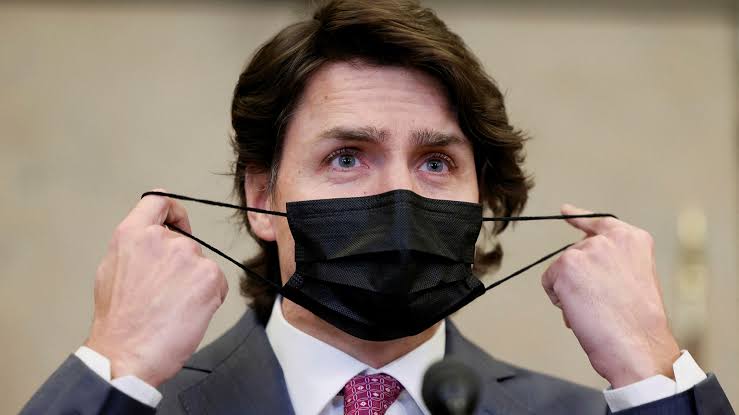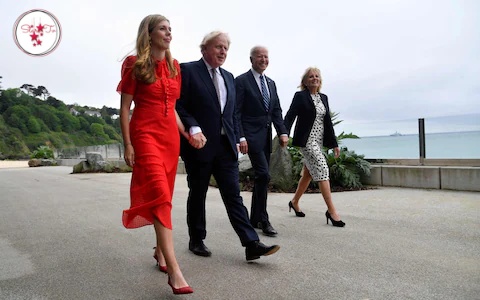To Crush Anti-Trudeau Protests In Canada, Trudeau Uses Emergency Powers
After police arrested 11 people with a "cache of weaponry" obstructing a border crossing with the United States, Canadian Prime Minister Justin Trudeau utilized rarely used emergency powers to put an end to trucker-led protests against Covid health standards.
It was only the second time such powers had been used in peacetime in Canadian history, and it came as hundreds of heavy rigs jammed the streets of Ottawa, as well as two border crossings.
"To handle the blockades and occupations, the federal government has invoked the Emergencies Act to enhance provincial and territorial capabilities," Trudeau said at a news conference.
The military would not be deployed at this time, according to the prime minister, but police would be given more authority to arrest protestors and take their trucks in order to clear bottlenecks, as well as to prohibit protest funding.
Trudeau stated, "We cannot and will not allow unlawful and hazardous acts to continue."
"This is about keeping Canadians safe, defending people's employment, and restoring trust in our institutions," he added, saying that the measures would be "time-limited" and "geographically targeted," but without going into detail.
At the border between Coutts, Alberta, and Sweet Grass, Montana, federal police said they arrested 11 demonstrators carrying rifles, handguns, body armor, and ammunition as the possibility of violence loomed.
Protests by Canadian truckers and their sympathizers, who are opposed to mandated coronavirus vaccines and want to push a broader anti-establishment agenda, have sparked copycat movements from France to New Zealand, with US truckers considering similar rallies.
Faced with mounting pressure to act, Trudeau formed a special federal response group on Sunday to focus on efforts to end the occupation of Ottawa and the lingering, economically destructive border blockades in Alberta and Manitoba.





.jpeg)


.jpeg)

